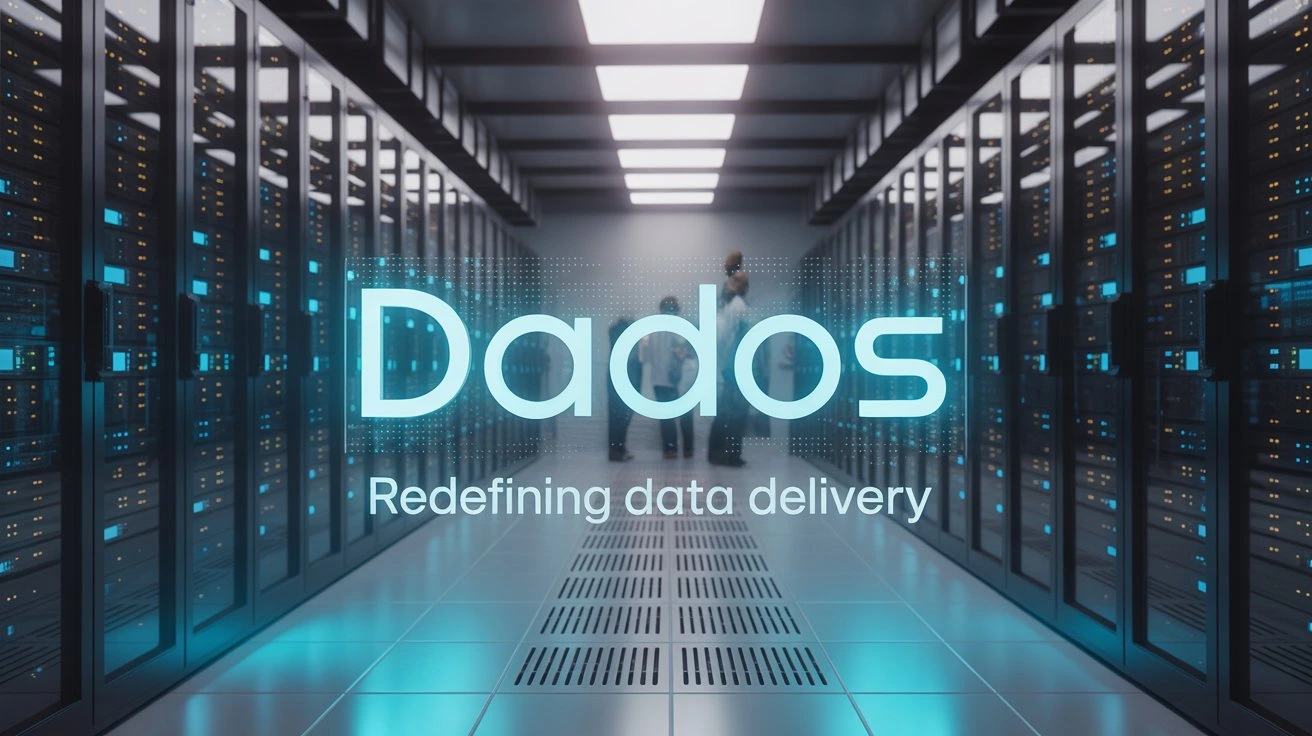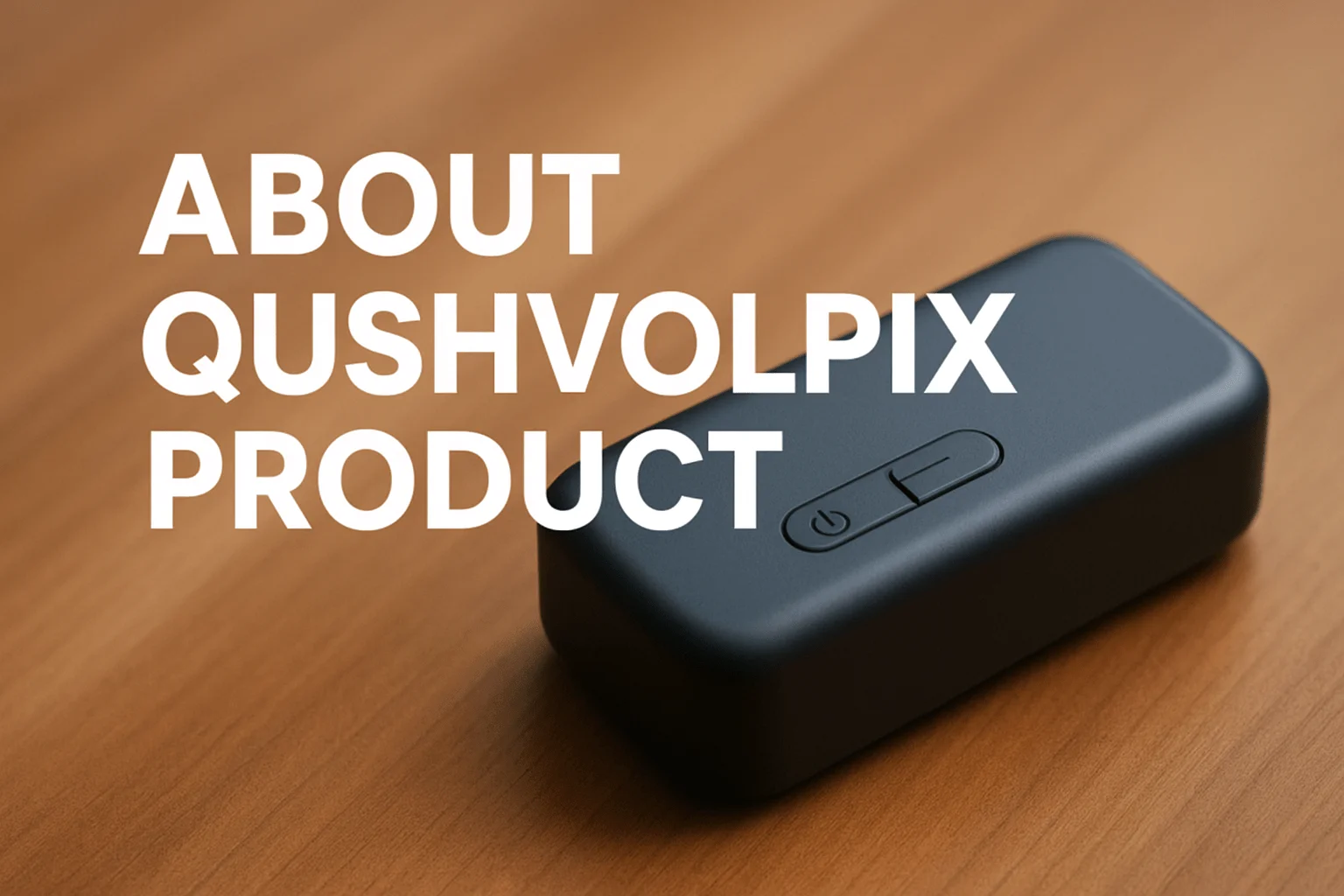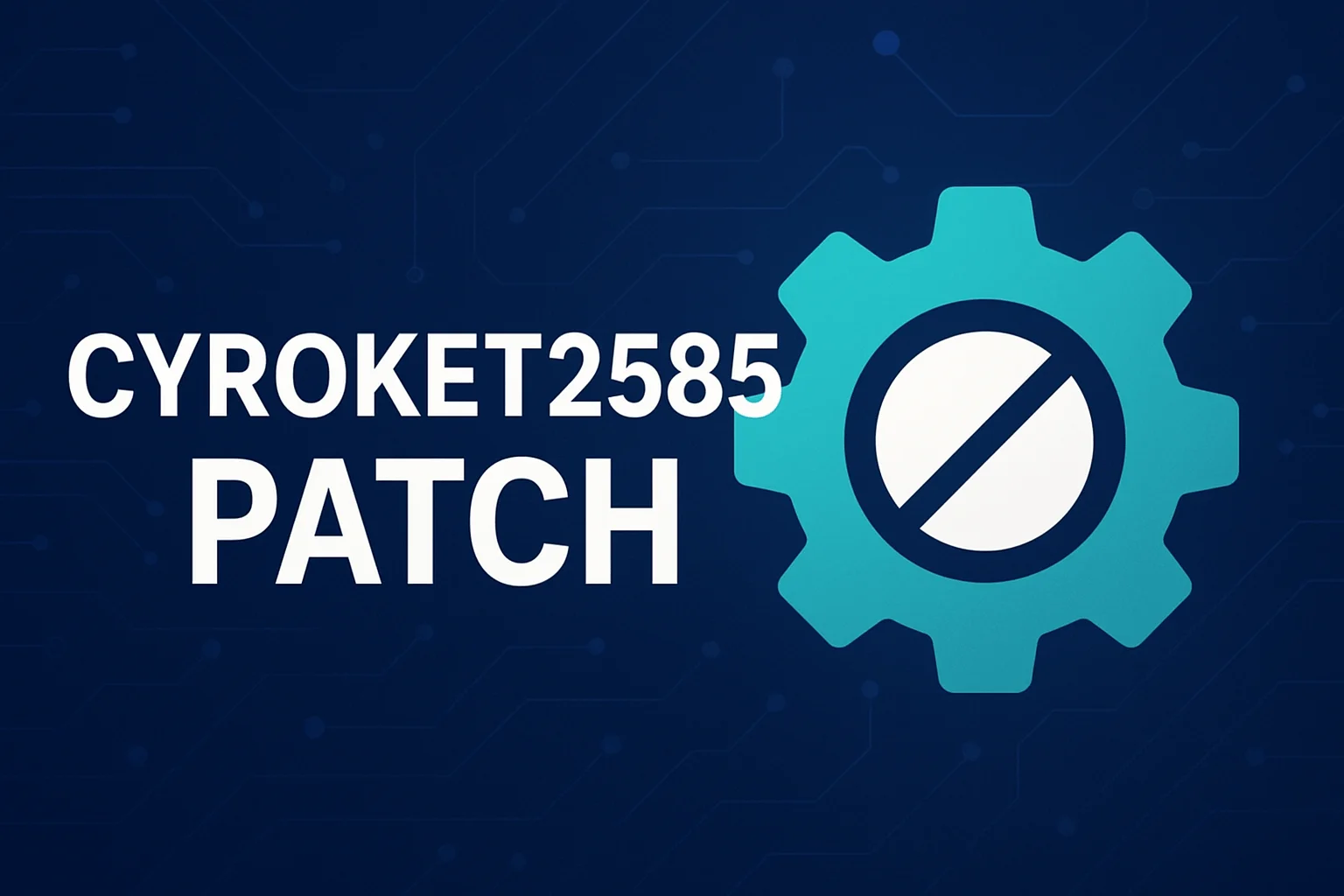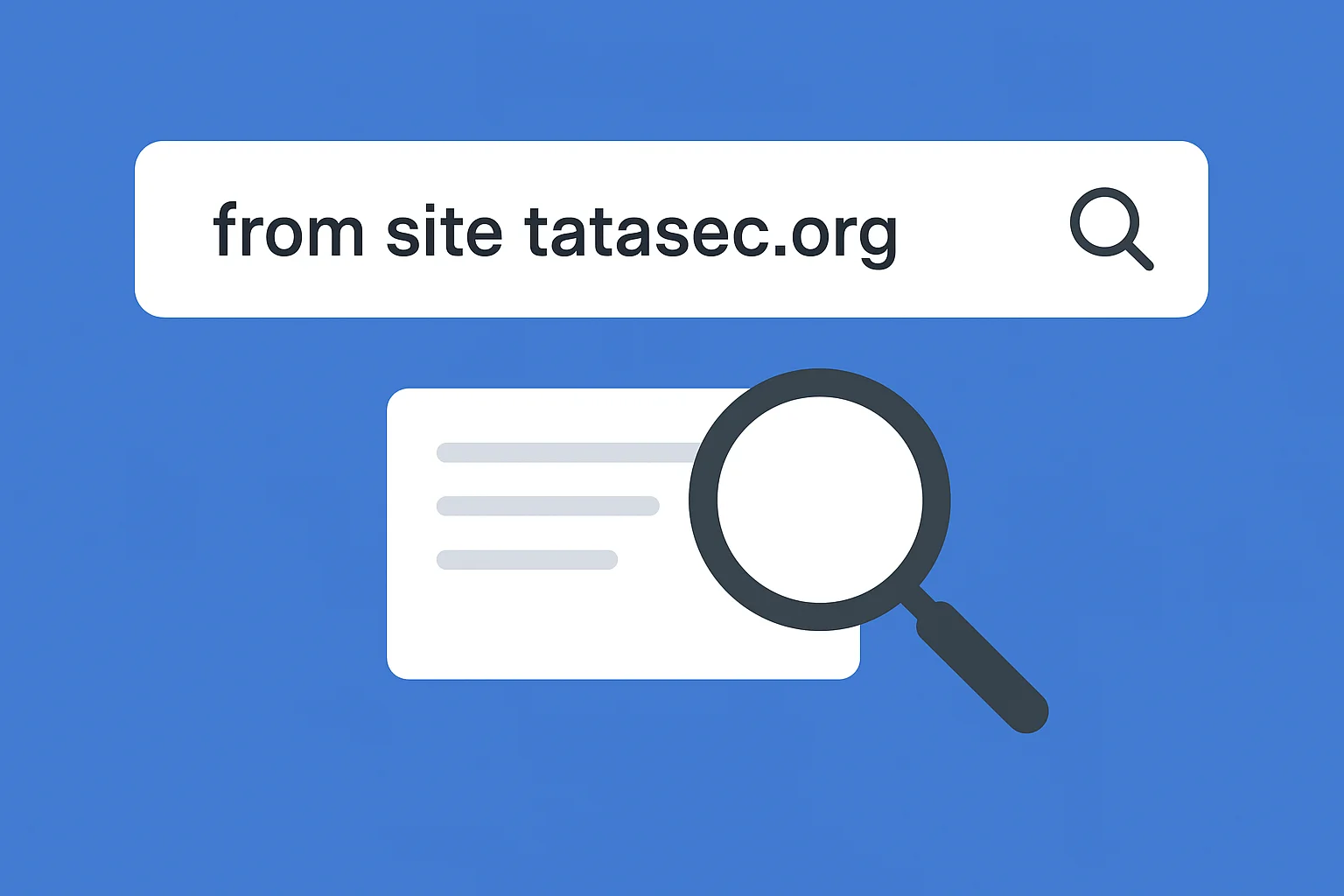Imagine needing live data access but feeling bogged down by infrastructure, IT bottlenecks, and outdated pipelines. You’re not alone. That’s why Dados as matters now more than ever: it’s the gateway to agility, innovation, and strategic insight. As someone who’s guided businesses through digital transformation, I’ve seen teams shift from waiting for stale batch reports to riding the power of real-time data dashboards. This article draws on that experience to help you understand, trust, and use Dados as wisely.
What Is Dados as?
At its core, Dados as—literally “data as a service”—refers to cloud-based delivery of data on demand. Think of it as subscribing to clean, structured information via APIs or dashboards, instead of building costly infrastructure yourself. In Portuguese and Spanish, dados means “data,” while “as” signals a service model similar to SaaS or IaaS.
Why It Matters
This isn’t just another trend. Delivering data as a service changes the game:
- Speed over setup. Real-time insights replace delayed batch reports—vital in industries where timing can make or break outcomes.
- Scale on demand. Cloud platforms adjust to peaks, whether you’re a startup or enterprise.
- Democratization. Anyone—from marketers to analysts—can access data without IT intermediaries, fostering autonomy and faster decision-making.
Benefits and Value
Delivering data as a service brings real, tangible advantages:
- Cost-effective. You avoid building and maintaining heavy databases; instead, pay for what you use.
- Real-time access. Business tools like BI dashboards or automation systems receive live data, enhancing responsiveness.
- Enhanced data quality. Providers handle cleaning, validation, and governance so you don’t have to.
- Built for AI. Fresh, structured, API-ready data fuels advanced analytics and machine learning.
Challenges and Myths
No system is flawless, and understanding risks helps you succeed:
- Integration complexity. Legacy systems may require custom connectors or middleware.
- Vendor lock-in. Once embedded deeply, switching providers can be costly. Opt for solutions built on open standards.
- Data governance. With broader access comes responsibility—governance, lineage tracking, and compliance need care.
- Quality control. If the provider’s data is stale or poorly structured, downstream analytics suffer.
Real-World Applications
I’ve seen what Dados as can do across different sectors:
- Healthcare. Patient dashboards that update automatically—even across clinics—without manual uploads.
- Retail/eCommerce. Real-time stock and trend analysis helps managers adjust promotions or restock dynamically.
- Finance. Fraud detection engines train on live transaction data. Dados as makes such systems possible and scalable.
- Supply chain. GPS trackers, inventory systems, dashboards—all linked, live, and actionable.
How to Get Started
Here’s a workflow that I’ve guided teams through:
First, define your needs. Do you need live sales metrics, external market feeds, or predictive analytics?
Then, evaluate potential providers. Look for:
- API-first design
- Compliance and encryption
- Strong integration libraries
- Transparent pricing and flexibility
After onboarding:
- Pilot with one workflow, such as feeding dashboards or AI models.
- Monitor quality and latency, and validate insights.
- Add governance layers, such as RBAC and audit logs.
- Scale thoughtfully—gradually connect other teams and data flows.
Visual Suggestions
A simple chart could compare: traditional ETL → batch updates → siloed analytics vs. Dados as → API feed → real-time dashboards. Or a diagram showing data sources flowing through a provider into BI tools and AI pipelines, emphasizing speed and simplicity.
FAQs
What does Dados as stand for?
It means Data as a Service—a cloud-delivered model of accessing ready-to-use data.
How is it different from ETL?
ETL handles periodic extraction and loading; Dados as delivers live, API-driven data, instantly consumable.
Is Dados as secure?
Yes—reputable providers use encryption, access controls, and adhere to regulations like GDPR or HIPAA.
Which industries benefit most?
Virtually all—but especially high-velocity sectors like fintech, healthcare, retail, and logistics.
Conclusion
By delivering clean, scalable, real-time data, Dados as reshapes the way organizations operate. It enables smarter decisions, faster innovation, and broader access, all while cutting infrastructure overhead. If you’re looking to modernize your analytics, boost AI outcomes, or simply gain live insights, exploring this model could be your strategic advantage. Want help comparing providers or building your first dashboard? Now’s the perfect time to start.



